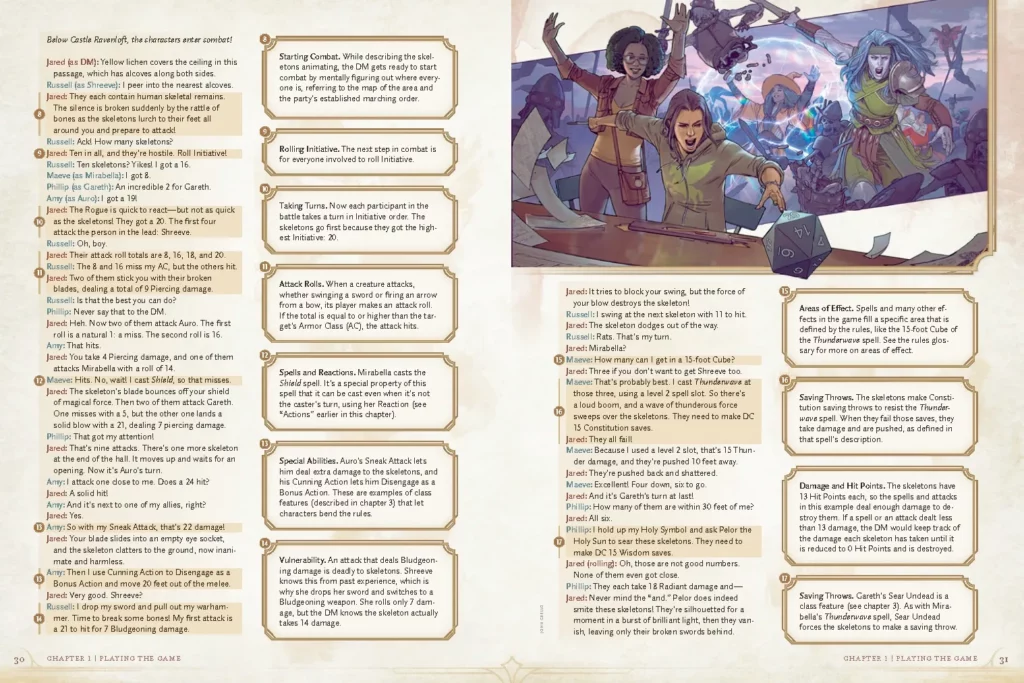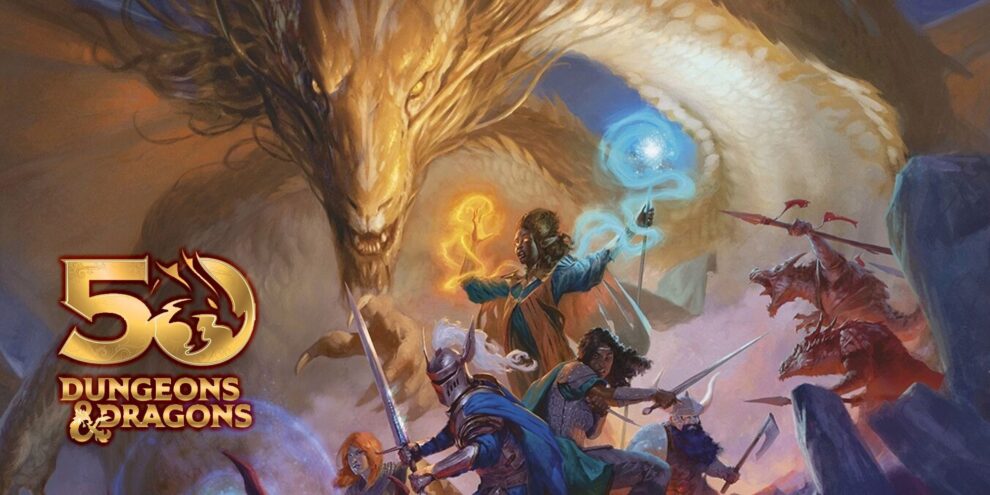Wizards of the Coast has released a comprehensive guide for transitioning existing Dungeons & Dragons campaigns to the newly updated 2024 ruleset, marking a significant yet smooth evolution in the game’s fifth edition. Unlike previous edition changes that required dramatic in-game explanations, these updates focus on enhancing gameplay mechanics while maintaining full backwards compatibility with content from 2014.
The gaming giant’s approach to this transition emphasizes flexibility, encouraging Dungeon Masters and players to implement changes gradually rather than forcing an immediate overhaul of ongoing campaigns. This player-centric philosophy represents a marked departure from historical rulebook updates, which sometimes required elaborate narrative justifications like the Die Vecna Die! module that bridged Advanced Dungeons & Dragons 2nd Edition and D&D 3.0.
Several notable mechanical refinements demonstrate the design team’s commitment to improving game flow and logical consistency. The stunned condition, for instance, has been carefully differentiated from paralysis, allowing affected characters to maintain movement while still suffering significant combat disadvantages. This change better reflects the realistic impact of being dazed in combat, adding both tactical depth and narrative authenticity to encounters.

Combat mechanics have seen thoughtful revisions, particularly in how characters interact physically with opponents. Grappling and shoving actions now utilize unarmed strikes rather than Athletics checks, opening new tactical possibilities including their use in opportunity attacks. This streamlining of close-quarter combat adds strategic depth while simplifying the underlying mechanics.
Healing magic has received a substantial boost, with spells like Cure Wounds now rolling twice the previous number of dice for recovery. This adjustment to healing potency addresses long-standing concerns about the effectiveness of support characters and should significantly impact party dynamics during both combat and recovery periods.
The Heroic Inspiration system has been expanded to offer greater flexibility, allowing players to reroll any die roll rather than being limited to specific types of checks. Additionally, players can now share surplus inspiration with teammates, fostering more cooperative gameplay and preventing wasted opportunities for heroic moments.
One particularly welcome change addresses a common house rule by officially reducing potion consumption to a bonus action rather than a full action. This adjustment, already popular in many home games and digital adaptations like Larian’s Baldur’s Gate series, demonstrates Wizards of the Coast’s willingness to embrace community preferences in official rulesets.
The publisher emphasizes that these updates are designed to enhance rather than mandate changes to existing campaigns. Players are encouraged to maintain their current character builds until natural story conclusions or campaign endings provide organic opportunities for transition. This approach respects both player investment in existing characters and the collaborative nature of tabletop roleplaying.
With the release of both the updated Player’s Handbook and Dungeon Master’s Guide, these changes represent a thoughtful evolution of D&D’s fifth edition rather than a revolutionary overhaul. The backwards compatibility with a decade’s worth of published content ensures that groups can continue using their existing materials while selectively incorporating beneficial updates.
This measured approach to rules revision reflects a mature understanding of how tabletop roleplaying games actually function at the table, prioritizing playability and group dynamics over strict adherence to new systems. As the world’s most popular tabletop roleplaying game continues to evolve, these changes demonstrate a commitment to refining the player experience while respecting the diverse ways in which different groups enjoy the game.
















Add Comment